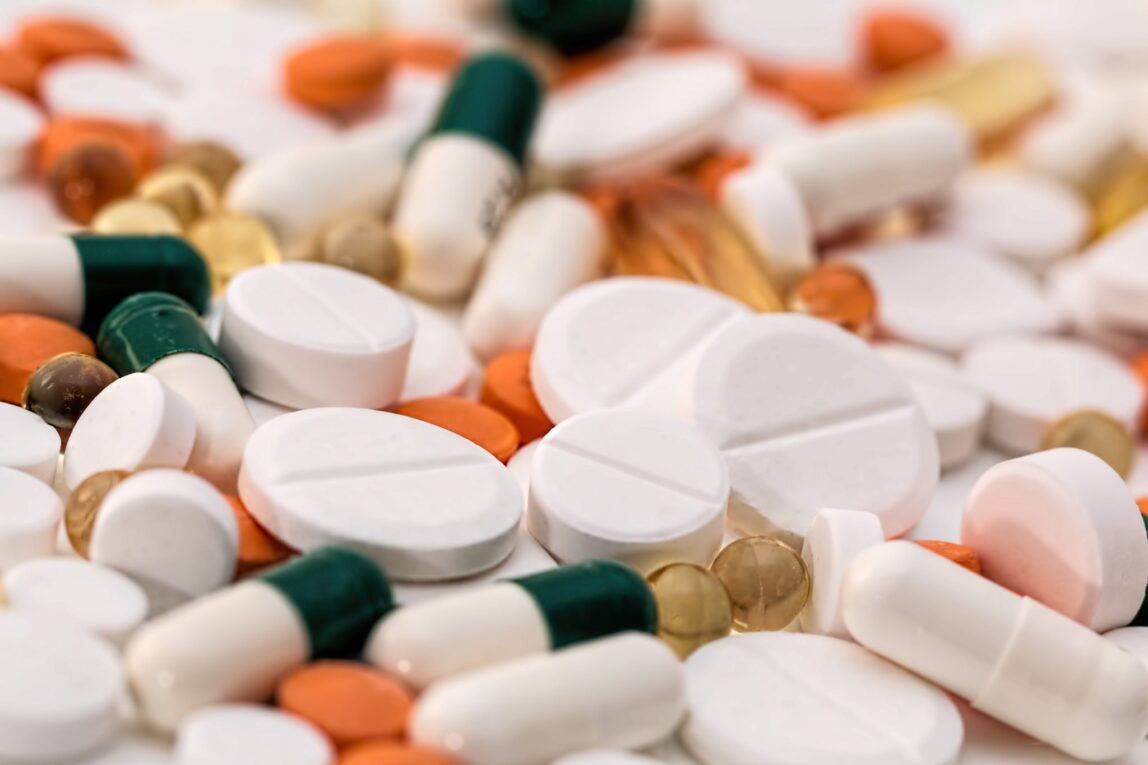The pharmaceutical industry in Saudi Arabia has witnessed rapid growth in the past few decades. Today, it stands amongst one of the largest pharmaceutical markets in the Middle East region. As one of the wealthiest nations in the Gulf, Saudi Arabia has invested heavily in developing its healthcare infrastructure and regulatory framework. This has created a robust environment for both local and multinational pharmaceutical companies.
As per industry estimates, the Saudi pharmaceutical market was worth over $4 billion in 2020. It is projected to grow at a compound annual growth rate of 7-8% until 2025, reaching a market size of $6 billion. Generic medications dominate the market with over 60% share. Chronic disease therapeutic areas such as diabetes, cardiovascular diseases, asthma etc. are the major revenue generators. The government’s focus on expanding healthcare access and improving treatment outcomes are driving overall market growth.
However, about 30% of the drugs consumed in Saudi Arabia are still imported. This presents tremendous opportunities for local manufacturers to reduce import dependence and capture a larger share of the domestic market. Stringent localization policies are compelling multinational players to enhance local production and seek Saudi partners.
Regulatory Environment
The Saudi Food and Drug Authority (SFDA) regulates the pharmaceutical sector. It is responsible for drug registration, clinical trials approval, good manufacturing practices compliance, and post-marketing surveillance. Over the years, SFDA has aligned its regulations with international standards to encourage global players and ensure patient safety. It is also investing in new initiatives like the National Unified Licensing System to streamline and digitize processes.
Forming strategic alliances with overseas regulators allows SFDA to leverage foreign expertise, fast-track the approval of important drugs, and assure Saudi patients get timely access to innovative therapies. However, certain practices like compulsory bioequivalence studies for some generics prolong market entry. Local firms want more flexibility to attract investments.
Domestic Manufacturing
Saudi manufacturers currently meet about 30-40% of domestic drug demand. Major players include the National Medical Care Company, SPIMACO, and Jamjoom Pharma. The government aims to increase local value-add to 60% by 2030. It is focusing on developing an active pharmaceutical ingredients (API) manufacturing hub to enhance self-sufficiency. Special incentives are given for producing APIs of essential medicines and neglected therapies.
Large local drug makers are expanding capabilities in biologics, biosimilars, injectables, and oncology drugs. Meanwhile, the emergence of smaller innovative companies developing therapies areas like genetics is encouraging. To compete globally, Saudi Arabia Pharmaceutical Drugs manufacturers must invest heavily in R&D, digital transformation, and talent development. Partnerships with leading foreign companies will help them access new technologies, management skills, and international markets.
Healthcare Infrastructure and Digitalization
Saudi Arabia has a well-established network of private and public hospitals as well as primary healthcare centers across cities. Mega projects worth billions of dollars are transforming the sector with state-of-the-art facilities equipped with advanced medical technologies. This expanding infrastructure is generating robust demand for pharmaceutical supplies.
Digital technologies are revolutionizing every aspect of Saudi healthcare, from electronic medical records to telehealth. The National Digital Transformation Strategy emphasizes digitalization initiatives to improve efficiencies, accessibility, and data-driven decision making. Pharmaceutical chains are investing in E-commerce platforms, clinical trial digitization, supply chain optimization using IoT and analytics. This will enhance logistics, prevent stockouts, and drive cost savings.
With a fast-growing population, focus on non-communicable disease control, massive infrastructure investments and digital drive, the demand outlook for pharmaceuticals in Saudi Arabia remains very promising. Both local and multinational drugmakers have tremendous potential to expand their footprint in the market. The regulatory ecosystem is conducive for global partnerships and investments. Pharmaceutical manufacturing localization will be crucial for energy security and import substitution. Ongoing digital transformation in healthcare will revolutionize the way drugs are prescribed, sold and consumed. Overall, Saudi Arabia’s will continue strengthening its position as a leading pharma hub in the MENA region.
*Note:
1. Source: Coherent Market Insights, Public sources, Desk research
2. We have leveraged AI tools to mine information and compile it

